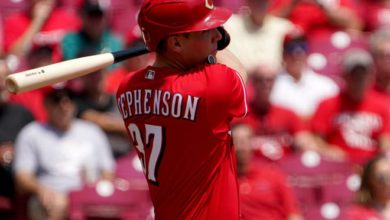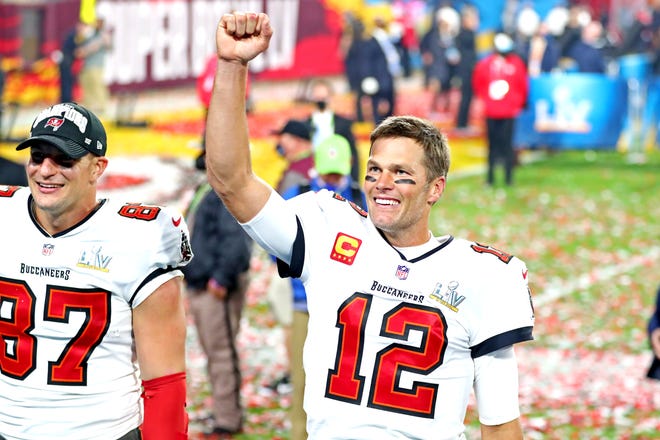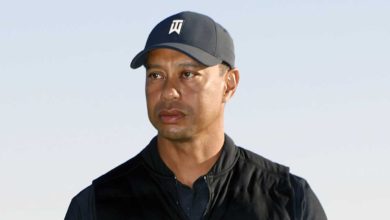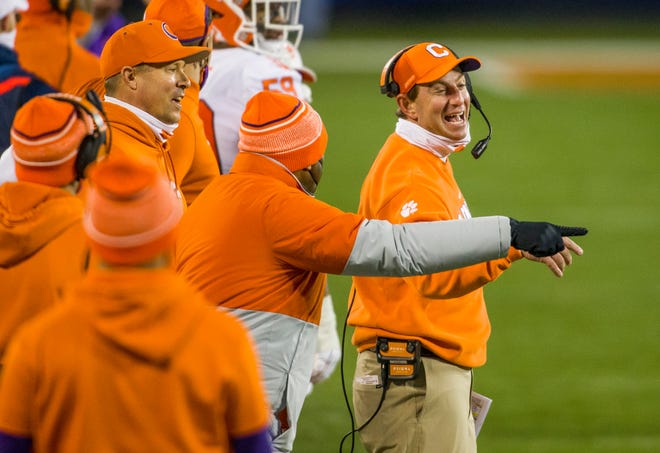Sen. Chris Murphy, D-Conn., is introducing legislation today that would enhance college and high school athletes’ ability to make money from their names, images and likenesses while leaving the NCAA and its schools susceptible to antitrust challenges if they do not comply with the bill’s provisions.
The bill – which is simultaneously being offered in the House of Representatives by Rep. Lori Trahan, D-Mass. -- also aims to prevent colleges from taking any action to prevent college athletes from forming a “collective representative to facilitate group licensing agreements or provide representation for college athletes.”
While that language comes under a section titled “Athlete Rights To Market Name, Image, Likeness And Athletic Reputation,” and may be intended to be confined to that one area, the specific language may raise issues for colleges relative to possible efforts to help athletes attempt to collectively bargain.
The bill is the first related to college sports’ ongoing name-image-and-likeness (NIL) issue to be proposed during the new Congressional session, with Democrats controlling both chambers.
The Murphy-Trahan bill’s inclusion of prospective college athletes is notable, as it defines a prospective college athlete as any athlete who “may be recruited by an institution of higher education.”
It would expressly prevent the NCAA from taking any action to prevent college athletes and prospective college athletes from making money from the NIL, individually or collectively.
The bill comes days after EA Sports announced its intention to resume publishing its popular college football videogame.
The bill's lack of restrictions on athletes' NIL activities is likely to be not well received by the NCAA and the schools, which want to be able to place various limits on athletes' NIL activities.
Also likely to make the NCAA unhappy: The bill would give an individual athlete who believed the bill’s provisions were not being followed the right to sue in federal court and seek monetary damages, as well as legal fees and costs. In addition any violation of the bill provisions would be deemed an antitrust violation.

“I love college sports,” Murphy said in a statement, “but it's time to admit that something is very rotten when the industry makes $15 billion a year and many athletes can't afford to put food on the table or pay for a plane ticket for their parents to see them perform.
"Big time college athletics look no different than professional leagues, and it's time for us to stop denying the right of college athletes to make money off their talents. If predominantly white coaches and NCAA executives can have unfettered endorsement deals, why shouldn’t predominantly black athletes be afforded the same opportunity? …
“Giving students a right to make money off endorsements is just one part of a much broader package of reforms that need to be made to college athletics, but it's a good start.”
In the previous session, Sens. Cory Booker, D-N.J. and Richard Blumenthal, D-Conn., offered a bill that would have provided a range of other benefits and protections for athletes that went far beyond NIL. They have said they plan to reintroduce a version of that measure early this year.
Sen. Roger Wicker, R-Miss., who has been chairing the Senate Commerce Committee; Sen. Marco Rubio, R-Fla.; and the team of Reps. Anthony Gonzalez, R-Ohio, and Emanuel Cleaver, D-Mo., offered bills based almost entirely on NIL concerns in the previous session. Gonzalez also has said he plans to reintroduce a version of his bill soon.
The NCAA had been planning to vote in January on a set of rules changes that would have substantially changed the association’s NIL rules, but it delayed that action. Member schools had questions and concerns about the proposed changes that were exacerbated by a strongly worded letter from the Justice Department’s then-antitrust division leader Makan Delrahim to NCAA President Mark Emmert.
In addition, the Supreme Court has agreed to hear an appeal from the NCAA and 11 major conferences in an antitrust case that is challenging the association’s limits on education-based benefits for athletes. The Court announced it will hear oral arguments in the case March 31.
Follow colleges reporter Steve Berkowitz on Twitter @ByBerkowitz









